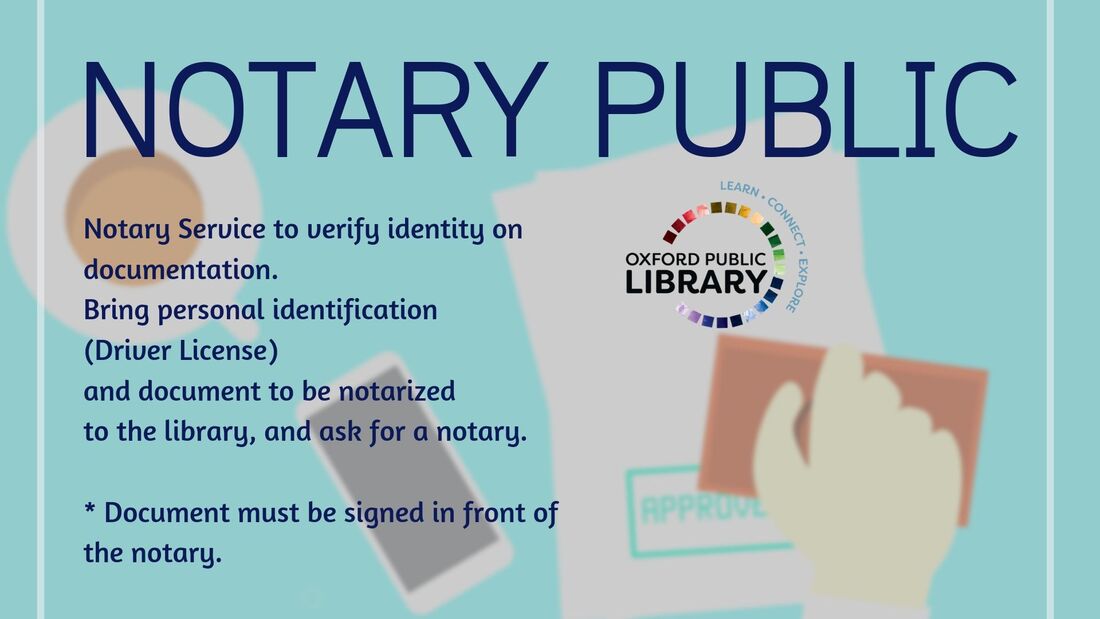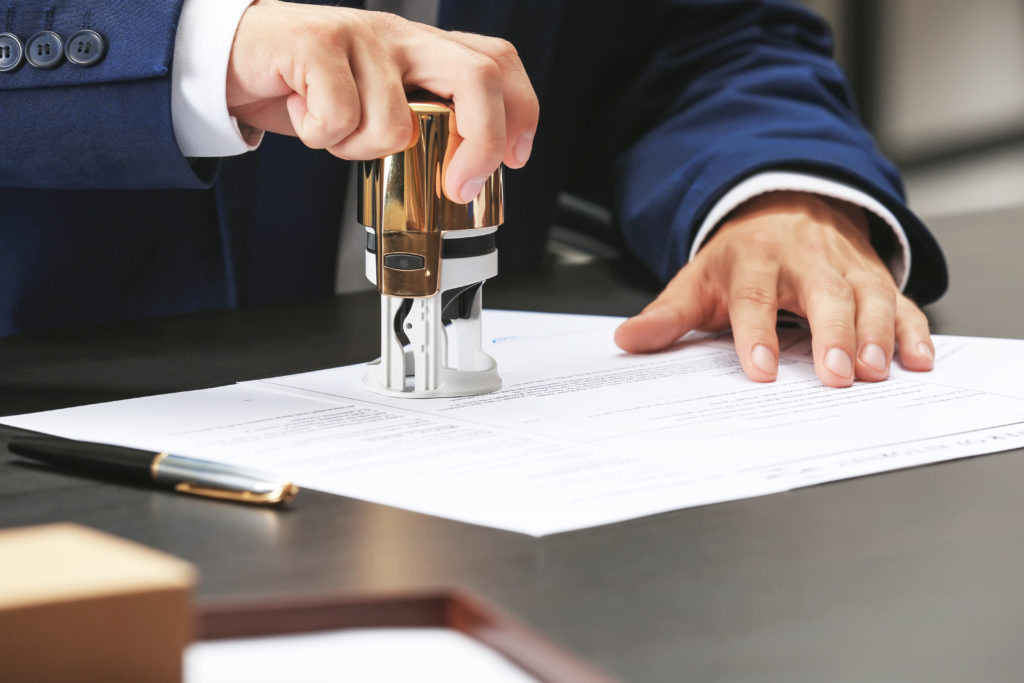Deceased Estate Management: Taking Care Of Assets and Affairs After Passing
Demystifying Notarial Work: Simplifying the Duty and Relevance of Notaries
In the detailed internet of legal paperwork and verification, notaries stand as pillars of assurance and credibility. Their function, commonly shrouded in enigma for many, lugs significant weight in making certain the validity and stability of critical documents. As guardians of legality and truth, notaries play a pivotal component in our culture, yet their work is not always completely recognized. By deciphering the intricacies shedding and surrounding notarial practices light on the significance of their acts, a clearer understanding arises of the essential duty notaries play in upholding the fabric of legal and contractual arrangements.
The Background of Notarial Work
Exactly how did notarial work evolve with time to end up being an indispensable part of lawful and company transactions? The history of notarial job dates back to old human beings, where scribes played a crucial function in taping essential details and confirming files. As societies proceeded, the need for an extra formalized system to guarantee the validity of contracts arose. This caused the growth of notaries, individuals appointed by the state to function as impartial witnesses in lawful issues.
Throughout the Middle Ages, notaries got prominence in Europe, with their functions expanding to include preparing lawful records, accrediting trademarks, and maintaining records. The surge of international trade even more stressed the significance of notarial job in validating agreements and agreements throughout boundaries.
In the modern-day era, notaries remain to play a crucial duty in lawful and service transactions by verifying identities, verifying the credibility of documents, and avoiding scams. Their function in licensing the legitimacy of agreements adds a layer of safety and security and count on to the ever-evolving landscape of business and legislation.

Tasks and Obligations of Notaries
Notaries play an important role in verifying the authenticity of papers and the identification of notaries. One of their main responsibilities is to witness the finalizing of important files, such as agreements, wills, and deeds, to make certain that all celebrations are entering right into agreements intentionally and voluntarily.
They license copies of original records, offering assurance to organizations that the copies are true replicas of the originals. On the whole, the responsibilities and responsibilities of notaries are necessary in securing the honesty and legitimacy of numerous records and purchases - Conveyancer.
Notarial Certificates and Signatures
Exhibiting thorough interest to detail, notarial certifications and signatures work as essential components in verifying the authenticity of legal documents. Notarial try this website certificates typically contain crucial details such as the date of notarization, the names of the signatures, a summary of the paper, and the notary's main seal. These certificates provide a clear record of the notarial act, guaranteeing that the file can be easily recognized and traced back to the notary who supervised the procedure.
Trademarks play an essential function in notarial work, as they indicate the contract and permission of the parties entailed. Notaries very carefully witness the signing of documents to verify the identification of the signatories and confirm that they are signing of their very own totally free will. By fastening their main seal and signature to the record, notaries accredit that the necessary treatments have actually been followed and that the record is enforceable and valid.
In essence, notarial certifications and trademarks are the characteristic of credibility in lawful purchases, offering assurance to all celebrations included that the records are genuine and binding.
Importance of Notarial Acts

Notarization Process Discussed
Describing the registration procedure supplies quality on the essential steps included in verifying lawful papers. The registration process typically begins with the private presenting the file to a notary public. The notary after that verifies the signer's identification through acceptable recognition methods. Once the identity is validated, the notary makes sure that the individual authorizing the paper does so willingly and without any kind of coercion.

Conclusion

Notarial certificates generally consist of crucial info such as the day useful site of notarization, the names of the notaries, a summary of the record, and the notary's official seal. These certifications supply a clear document of the notarial act, ensuring that the file can be quickly identified and mapped back to the notary who managed the procedure.
By affixing their main seal and trademark to the record, notaries certify that the needed procedures have been followed and that the document is valid and enforceable.
By confirming the identification of the signatures, validating their desire to enter into the agreement, and licensing the day and place of the finalizing, notaries play a crucial role in upholding the validity of legal files.After the file is signed, the notary will certainly attach their main seal or stamp onto the record.